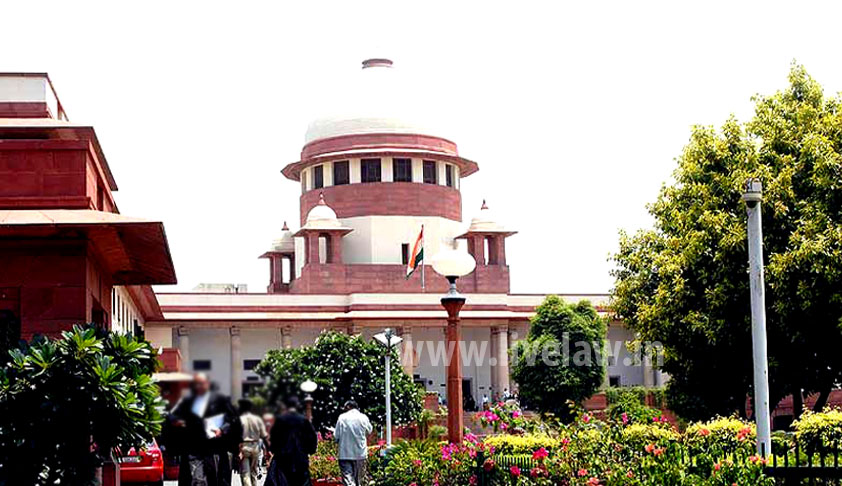Breaking; Pursuing law and practicing law are two different things. One can pursue law but for the purpose of obtaining license to practice, they must fulfill all the requirements and conditions prescribed by BCI: SC
Apoorva Mandhani
26 Nov 2014 10:07 PM IST

Next Story


